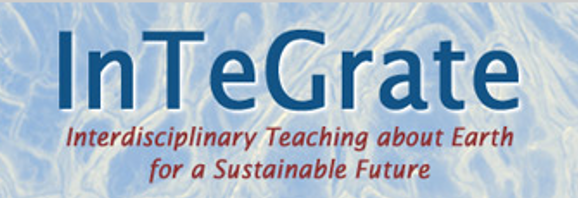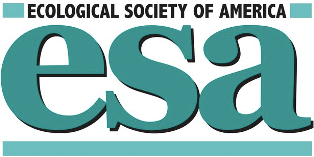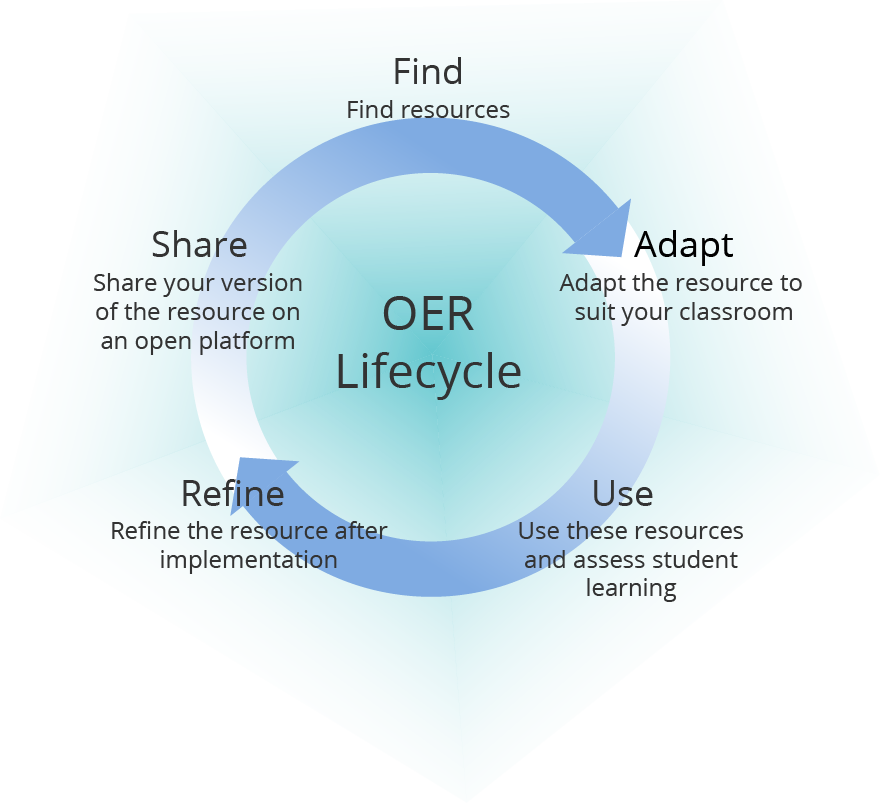- Details
- Published on Monday, 11 June 2018 15:06
Open Educational Resources
Our OER philosophy
Open Educational Resources (OER) are any type of educational material that are freely available for teachers and students to use, adapt, share, and reuse (Collister, 2019). BioQUEST and the QUBES platform support the use of open licensing to make learning resources widely accessible and to provide opportunities for faculty to get professional credit for their teaching scholarship. The use of OER can support Open Educational Practices (OEP) more broadly which promote the use of innovative learning environments and pedagogical strategies. There is emerging evidence that the use of open educational resources can have a positive impact on student academic success and creates more inclusive educational settings (Fischer, et al., 2015).
BioQUEST emphasizes the central role of participation in a scholarly community as a mechanism to advance the development and use of OER. We believe that professional collaborations built around a shared interest and desire to improve and share resources benefits learners in diverse educational contexts. Parallel to the situation in open source software communities, where the users are also developers, QUBES platform users are invited to share their adaptations to existing educational resources through our publishing platform.
Browse OER MaterialsProjects Using OER on QUBES
Curriculum projects, professional organizations, Faculty Mentoring Networks, and other communities share their resources on QUBES. Contact us to learn more about how your project or organization could take advantage of the QUBES Resource System.
Contact Us
The InTeGrate Geosciences Education project has sponsored two FMNs producing multiple new versions of resources.

The NSF funded Biology Students Math Attitudes and Anxiety Program project shares resources to reduce anxiety towards math.

The Ecological Society of America shares ecology related OER resources on QUBES

All You Need to Know About OER
Using OER at first can be daunting because there are so many resources and so much potential. Where can you start? Our colleague Lauren Collister has put together this useful guide for getting started with OER.
